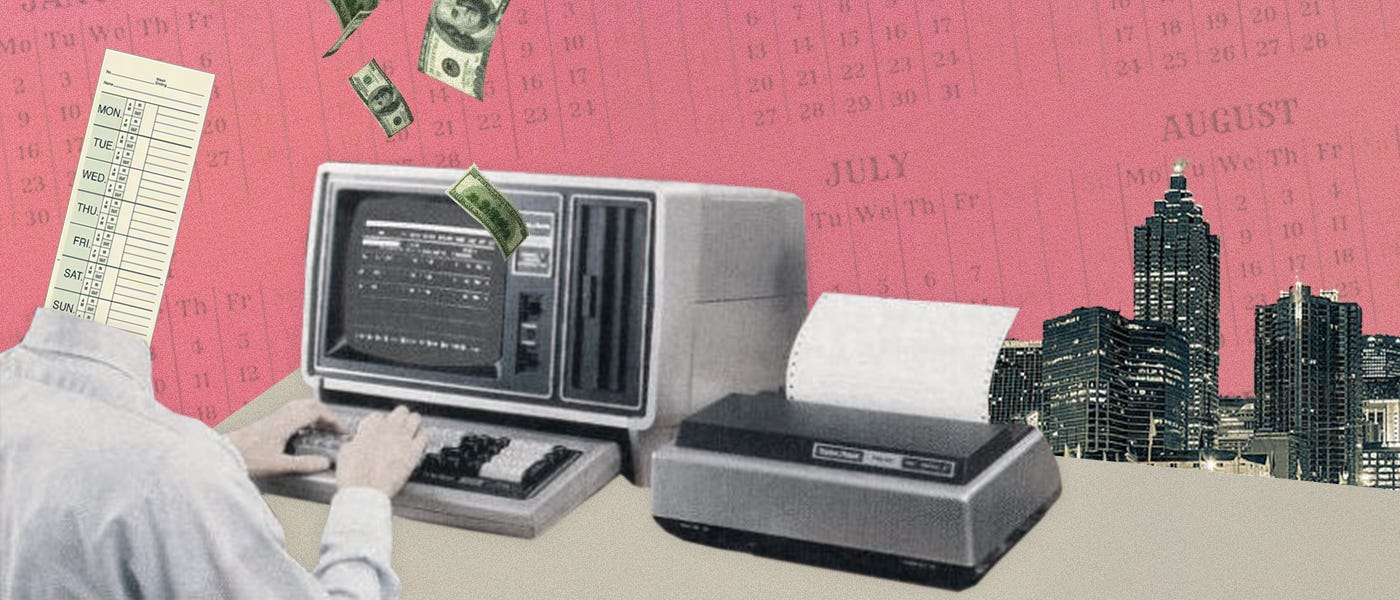Man's Search for Meaning (at Work)
Somehow, I regularly find myself being asked to give career advice, which means I’m in the funny position of having thought about other people’s careers much more than I ever thought about my own.
A lot of times, the person asking me for advice is someone young who’s frustrated because they’re looking for more meaning in their work. And I often find myself giving what I imagine must be a very unsatisfying piece of advice: just chill. Yes, meaningful work is an essential element of a good life. But also, obsessing too much over whether your work is meaningful will make you insane.
The first problem is that “meaning” is an incredibly nebulous word. Often, the person I’m talking to can’t even identify what it is exactly that their job lacks. They just feel, like Pippin, that something bigger must be out there. But it’s hard to find meaning when you don’t even know what you’re looking for. The hardest part of getting what you want is figuring out what it is you even want in the first place.
Other times, the mistake is in looking at “meaning” as an inherent property of a job. Yes, the world is full of bullshit jobs, and not all work is equally meaningful: it’s harder to find meaning in some jobs than others, at least for the average person. But the deepest meaning is often found in the smallest moments, like going out of your way to help a coworker or doing a really good job on a tiny piece of a project that most people won’t even notice. Just as with life, it’s on you to find meaning—or create it—in your work. If you feel like your work doesn’t have enough meaning, try changing yourself before you try changing your job.
I often take a similar perspective when people feel their jobs aren’t meaningful enough because they aren’t doing enough good in the world. Obviously, some jobs are neutral or net negative for society: if you’re a McKinsey consultant or hedge fund analyst, I strongly encourage you to quit your job and go do something else. But I never hear this from McKinsey consultants—I hear it from young employees at startups or small nonprofits that are doing good, just perhaps not the optimal amount.
If there’s specific other work you’d like to be doing that you feel would be more impactful, then yes: by all means, go for it. But if you just feel an aimless, vague desire to do more good, I’d posit that the feeling likely has more to do with you than it has to do with your job. I’ve known too many people who’ve moved to jobs that seemed on the surface to “do more good,” only to find that they had just as many doubts about their new job as they did their old one. It’s easy to think you should quit your startup job and go work for a nonprofit, until you arrive there and start to doubt the entire model of donor-funded philanthropy. Before thinking about changing jobs, I’d recommend starting small: you almost certainly haven’t maxed out the amount of good you can do outside of work. (If you’re looking for suggestions, donating 10% of your income is a good place to start.)
The older I get, the more I see this kind of relentless striving for a career that has some deep meaning, or does some overwhelming amount of good, as a form of egotism. I’m so special, the subconscious logic goes, that my relationship with my work has to be special too—save the regular jobs for the common people. But when did it become such a bad thing to have a job that makes the world incrementally better, take some pride in your work, and reserve the search for meaning for elsewhere in your life? Besides, it’s misdirected people who think they’re doing good who’ve caused some of the worst harm. Especially while you’re young, it’s not a bad idea to have some epistemic humility and learn some more about the world before trying to impact it massively.
Personally, I do feel like my work is meaningful more often than not. But it’s meaningful in the same way a sunset or a really good conversation with a friend is meaningful: because even the smallest things in life are full of meaning if you know where to look, not because we’re “changing the world” every day.
And some days my work feels like meaningless drudgery, just like some days my whole life feels like meaningless drudgery. On those days, I try to remember that no one ever guaranteed that life would have meaning.
There’s an old joke I’ve always liked that goes like this:
A Jewish grandmother is watching her grandchild playing on the beach when a huge wave comes and washes him out to sea. She pleads, “Please God, save my only grandson. I beg of you, bring him back.” And a big wave comes and washes the boy back onto the beach, good as new. She looks up to heaven and says: “He had a hat!”
The search for meaning in life often reminds me of that joke. Life is full of all this great stuff: bits with your friends whose origins you can’t even remember, songs that can still transport you back to an incredibly specific moment from when you were 15, that feeling when you kiss someone for the first time and right after they pull back and say, “that was good.”
And we get all this and more and yet we say, “Okay, sure. But where’s the meaning?”
Yours in having started off trying to give straightforward career advice and yet somehow coming back to the meaning of life again,
Max


